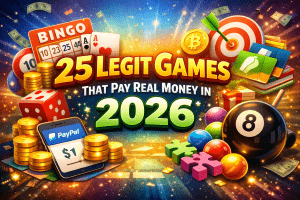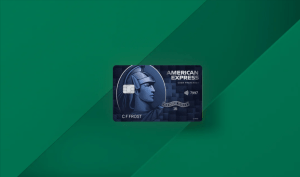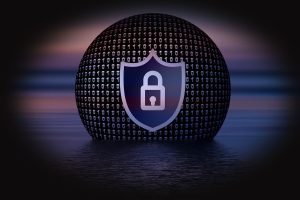As you build your personal wealth, your money is always at risk. However, it’s not at risk because of your own misjudgments or market fluctuations. It could be at risk due to dishonest banking interests actually manipulating the currency. Although this may seem like a paranoid view about money, it’s not speculative. It really happens. In fact, only last year, The Telegraph reported, “Five more banks have agreed to pay a total of $111 m to settle claims that they manipulated currency markets, as the foreign exchange scandal continues to haunt the finance industry.”
Another threat to your money may be a desperate government that had run out of a way to pay its debts. Perhaps, you remember what happened in Cypress five years ago? An entire nation of people had their savings frozen over night because the government and the banking system had accumulated too much debt. On March 2013, Cypriot’s banks were out of money due to risky investments like buying Greek government bonds.
Could such outrageous, desperate things happen in the United States? While you might think this line of questioning is absurd, don’t forget that the government seized the gold holdings of its own citizens during the Great Depression. What’s even more alarming is that the courts upheld this unconstitutional act.Is this threat to your money something that you have to put up with or can you get access to a monetary system that cannot be corrupted by third-parties?
In fact, there is such a system. It was ushered into being in 2009, with the introduction of Bitcoin, a cryptocurrency. Since then there has been now over 700 cryptocurrencies, and they all rely on the same system, a public, incorruptible general ledger for all transactions.
Blockchain Technology: A Proven Financial System
Now there is an entire network of peer-to-peer computers working together to ensure a fair exchange and security for all parties in a financial transaction.
This P2P network is called the Blockchain and the computers linked to it are called nodes. In their book, Blockchain Revolution (2016), Don and Alex Tapscott wrote this powerful definition of the blockchain.” The blockchain is an incorruptible digital ledger of economic transactions that can be programmed to record not just financial transactions but virtually anything of value.”
What makes the blockchain so incorruptible is that the middlemen are cut out of the equation. There is nobody around to charge you a hidden fee, consequently, your international payments are much cheaper. Since the blockchain is not owned by anyone, run by a grid of computers around the world, the currency is not open to corruption.
From Bitcoin to the XYO Network
Although the blockchain worked well with Bitcoin, creative spirits kept on tinkering with the basic ideas. Bitcoin transformed how people carried out online transactions. Then using the same blockchain technology, Ethereum created 3 revolutionary ideas: Smart Contracts, DApps, and the ERC-20 Standard. With Smart Contracts both the payment and the conditions of the contract have been collapsed into a single function, so when the conditions of a contract are fully met, the payment is made automatically.
With DApps or Decentralized Apps, smart contracts can work in tandem with other smart contracts. This makes DApps suitable for asset management and resource planning. Finally, with the ERC-20 standard, Ethereum token standards can be used for Smart Contracts.
Now, however, the blockchain has stepped out of the Internet into the real world. The XYO Network consists of over a million beacons scattered around the world that provide location-based trade markets with a Proof of Location network. In conclusion, cryptocurrency is more than just a medium of exchange. Based on the blockchain, it allows all transactions, financial or other information, to be handled in a completely secure way.








